Did Queen Mother have a state funeral?
Queen Elizabeth II’s funeral will take place on Monday 19 September
Your support helps us to tell the story
From reproductive rights to climate change to Big Tech, The Independent is on the ground when the story is developing. Whether it's investigating the financials of Elon Musk's pro-Trump PAC or producing our latest documentary, 'The A Word', which shines a light on the American women fighting for reproductive rights, we know how important it is to parse out the facts from the messaging.
At such a critical moment in US history, we need reporters on the ground. Your donation allows us to keep sending journalists to speak to both sides of the story.
The Independent is trusted by Americans across the entire political spectrum. And unlike many other quality news outlets, we choose not to lock Americans out of our reporting and analysis with paywalls. We believe quality journalism should be available to everyone, paid for by those who can afford it.
Your support makes all the difference.Queen Elizabeth II is to have a state funeral on Monday 19 September, a day which will be a national bank holiday.
It will be the first state funeral since the death of Winston Churchill in 1965.
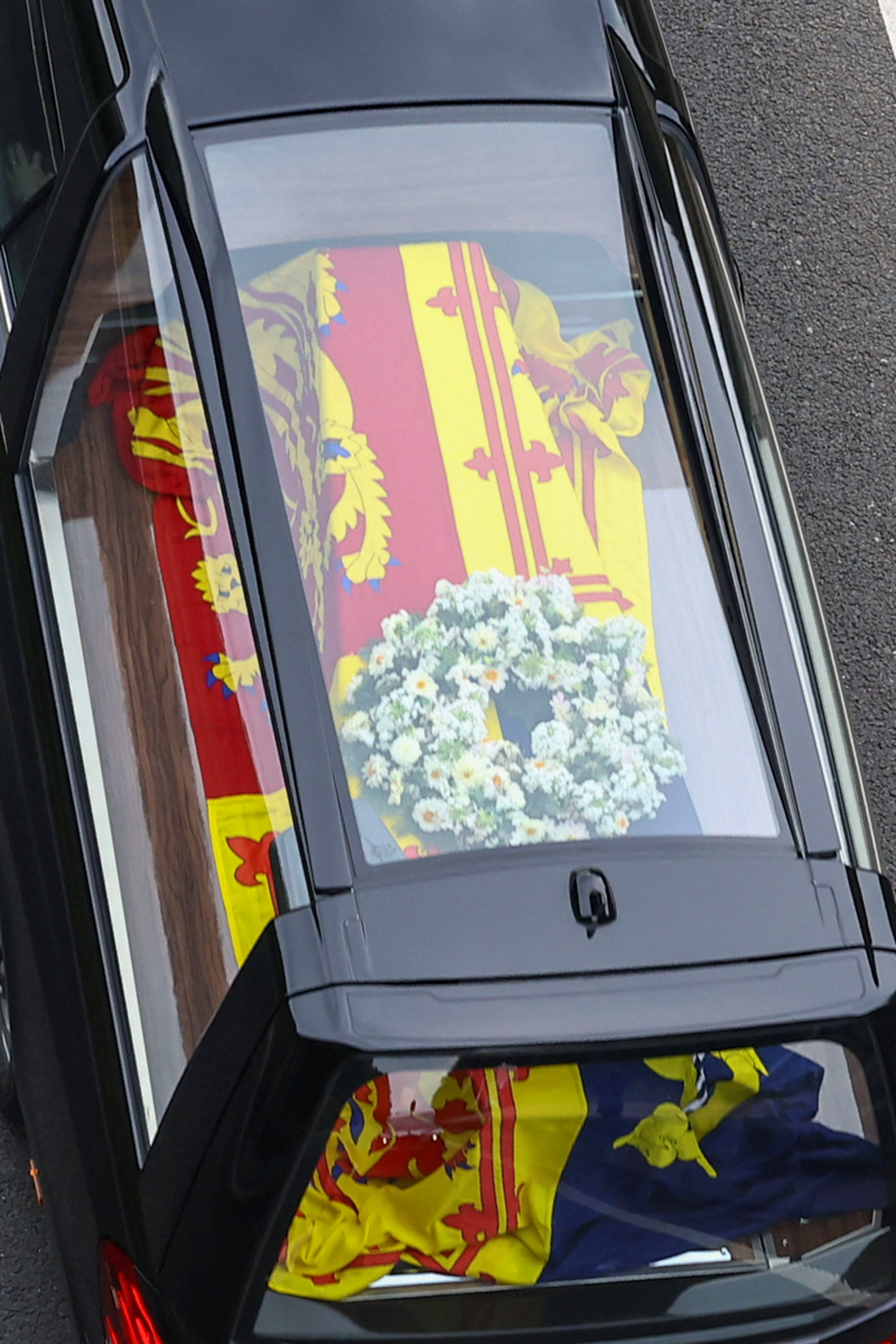
The Queen Mother died in 2002, but she did not have a state funeral. Instead, she had a ceremonial funeral, as did the late Prince Philip as well as Princess Diana.
Queen Elizabeth died at the age of 101, outliving her late husband King George VI by 50 years.
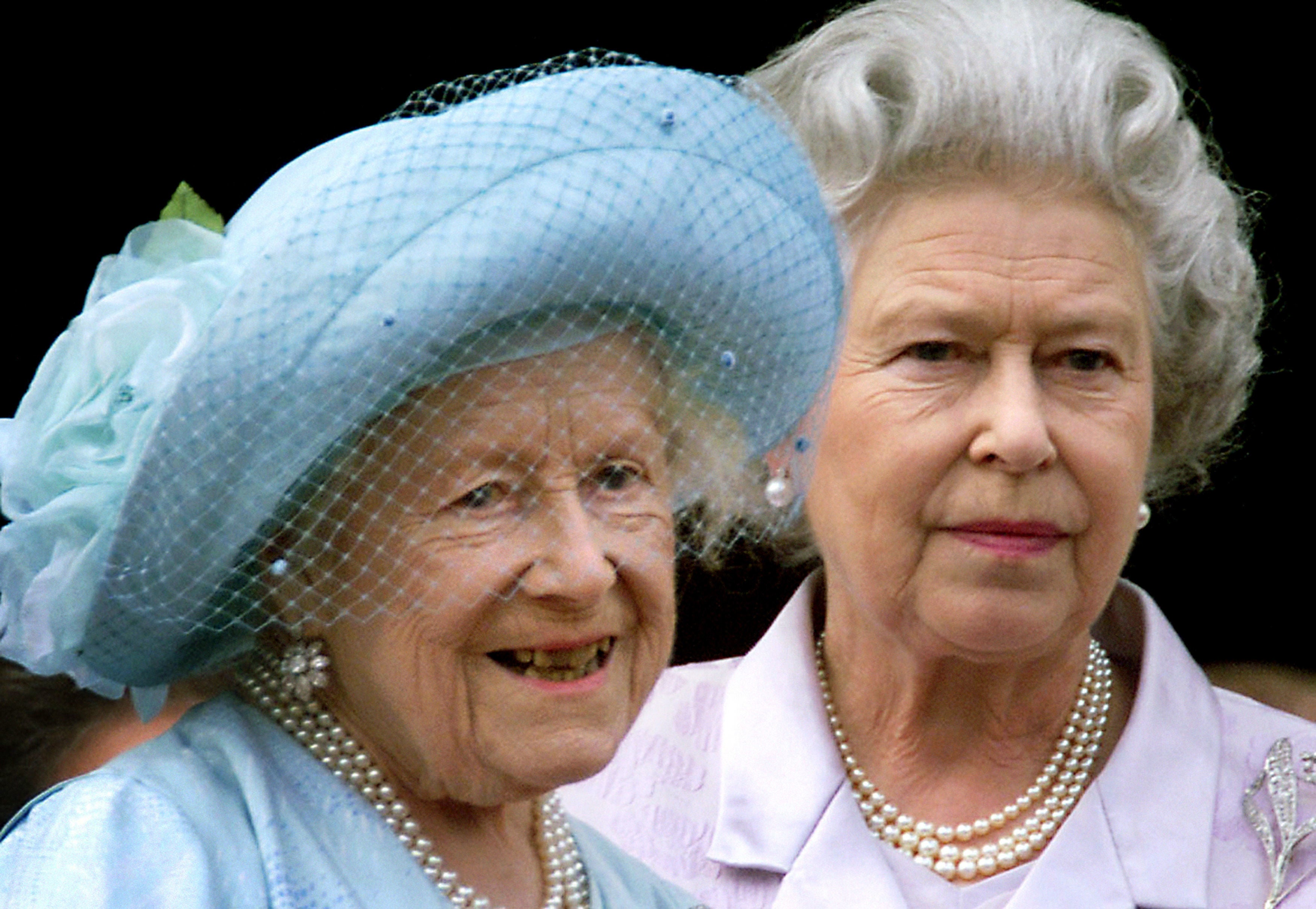
She lay in state for three days in Westminster Hall where people could visit before her funeral in Westminster Abbey on 9 April 2002.
An estimated 200,000 people paid their respects to the Queen Mother.
What is a state funeral?
A state funeral is usually reserved for monarchs and is a way of honouring the life of the sovereign.
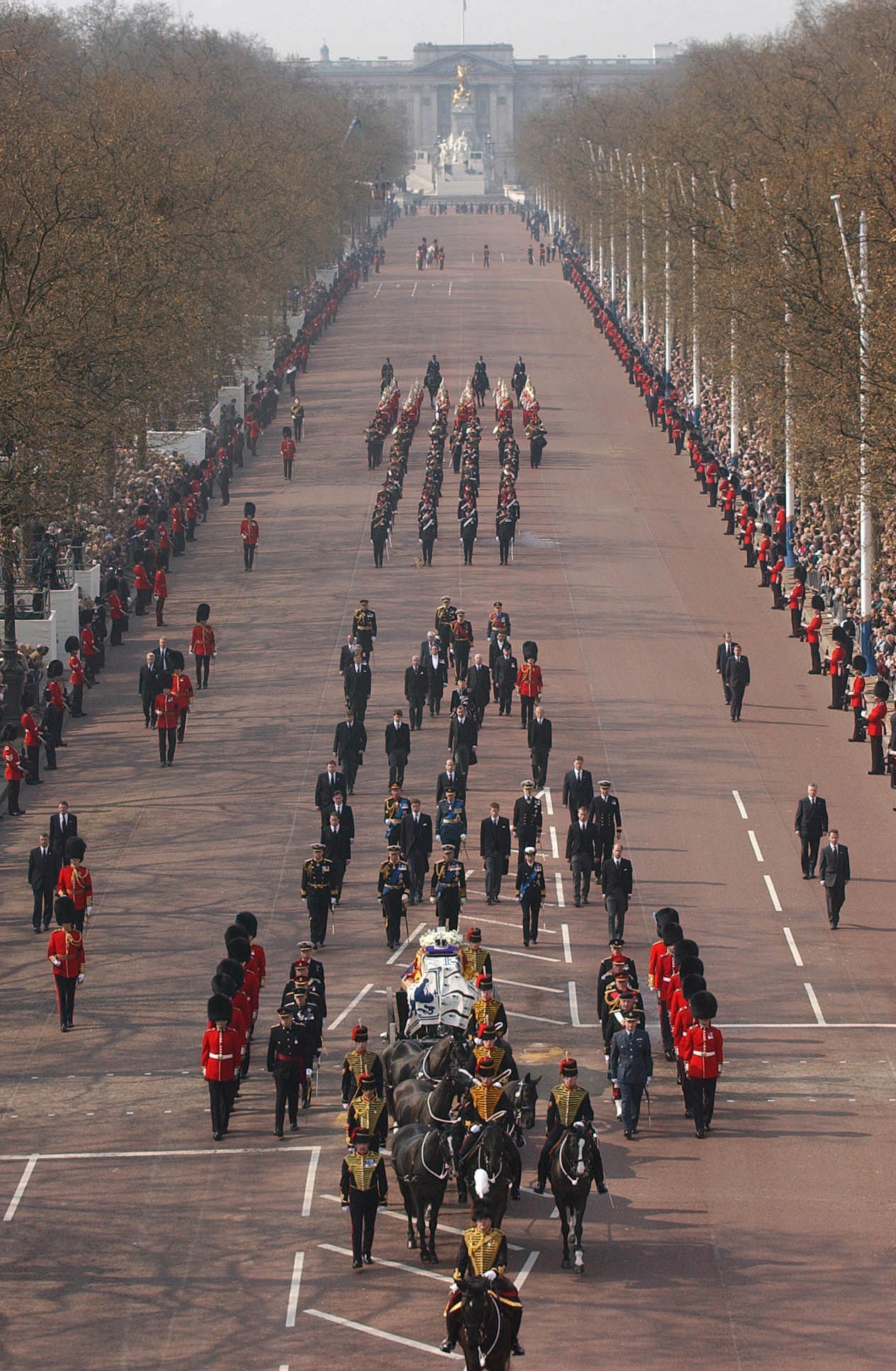
It typically begins with the body of the deceased being carried on a gun carriage, which is drawn by sailors from the Royal Navy rather than horses, as part of a military procession, taking them from a private resting chapel to Westminster Hall in the House of Parliament.
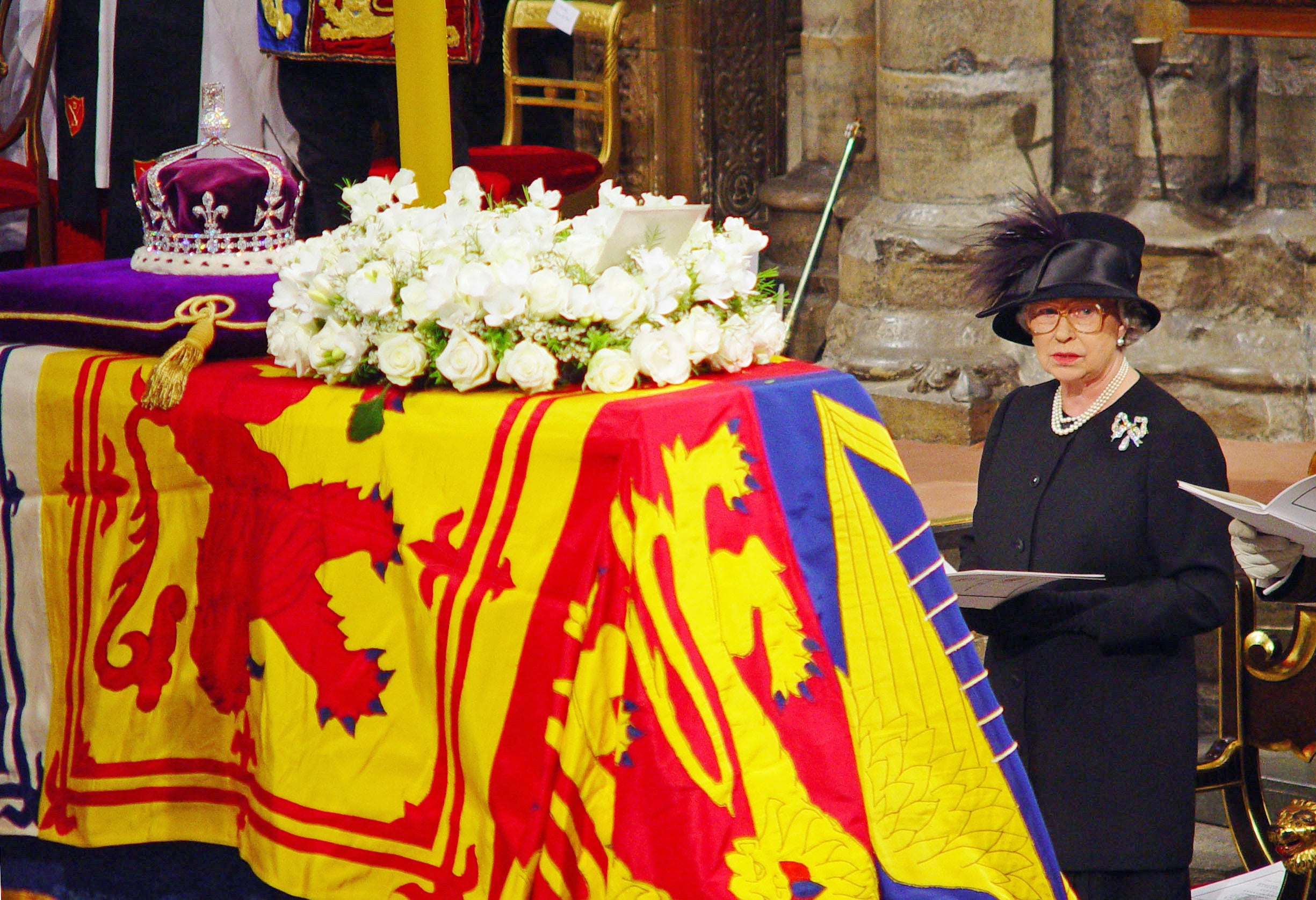
This is typically followed by another procession to to Westminster Abbey or St Paul’s Cathedral, depending on where the service is.
Heads of state are then given a 21-gun salute.
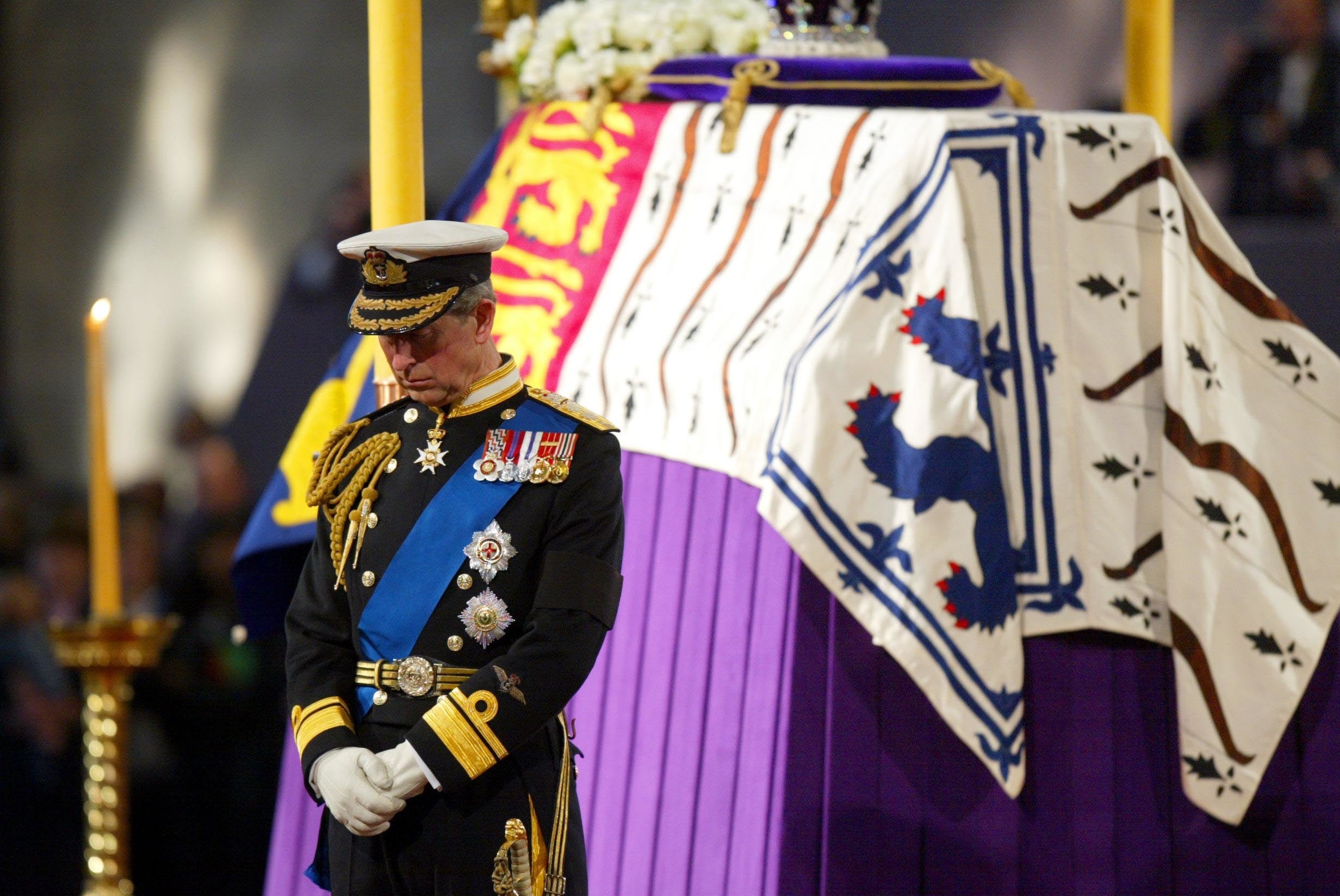
It is the responsibility of the Earl Marshal to deliver a state funeral with the support of the College of Arms.
Who is entitled to a state funeral?
The head of state is always entitled to a state funeral.
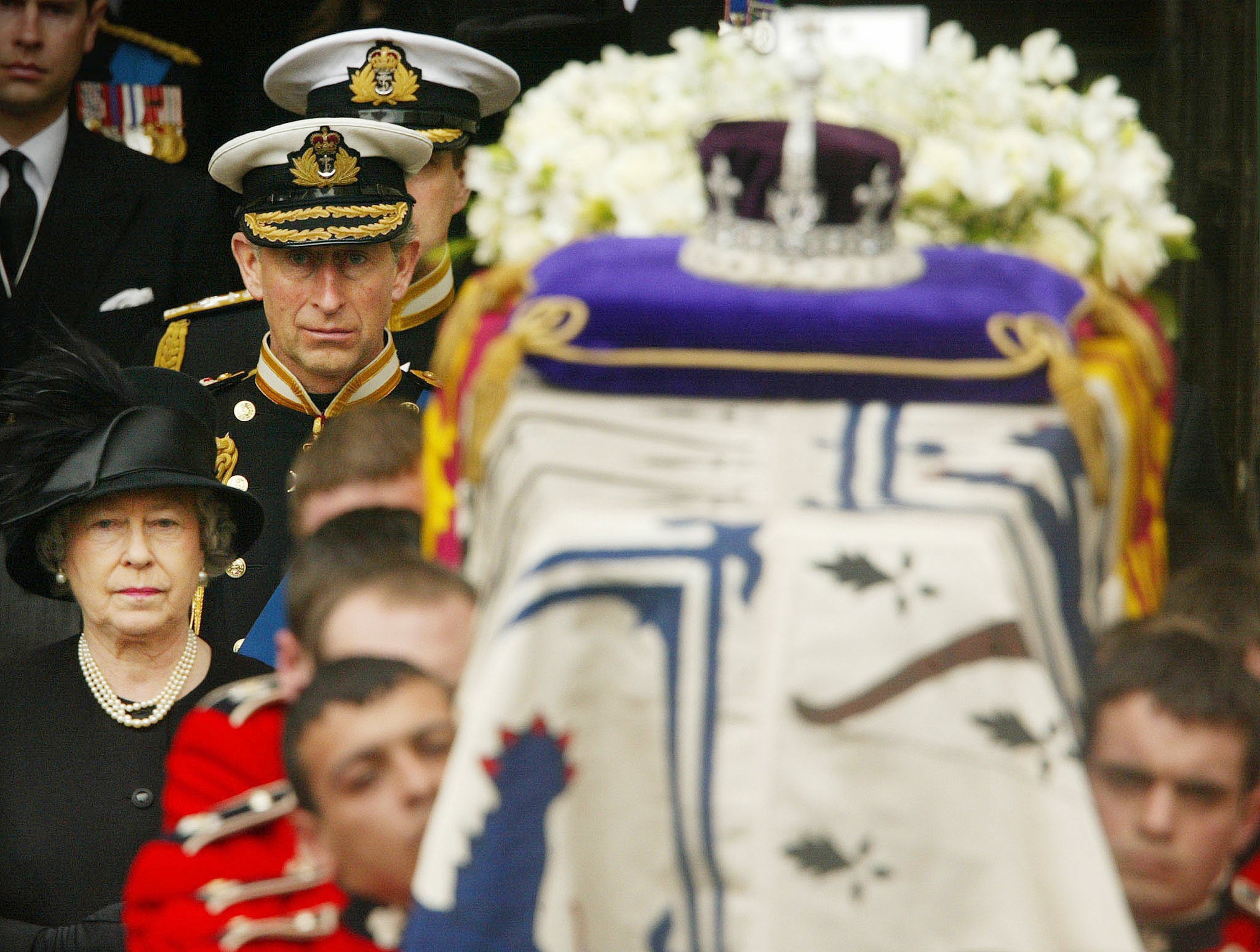
However, other people can be granted a state funeral with the monarch’s approval and a vote in parliament, which needs to deem them an “exceptionally distinguished” person and then votes on money to fund it.
Who has had a state funeral in the UK?
In the UK, the most recent people to have had state funerals include Sir Winston Churchill (1965) and former prime ministers William Gladstone and Lord Palmerston, who were given state funerals when they died in 1898 and 1865, respectively.
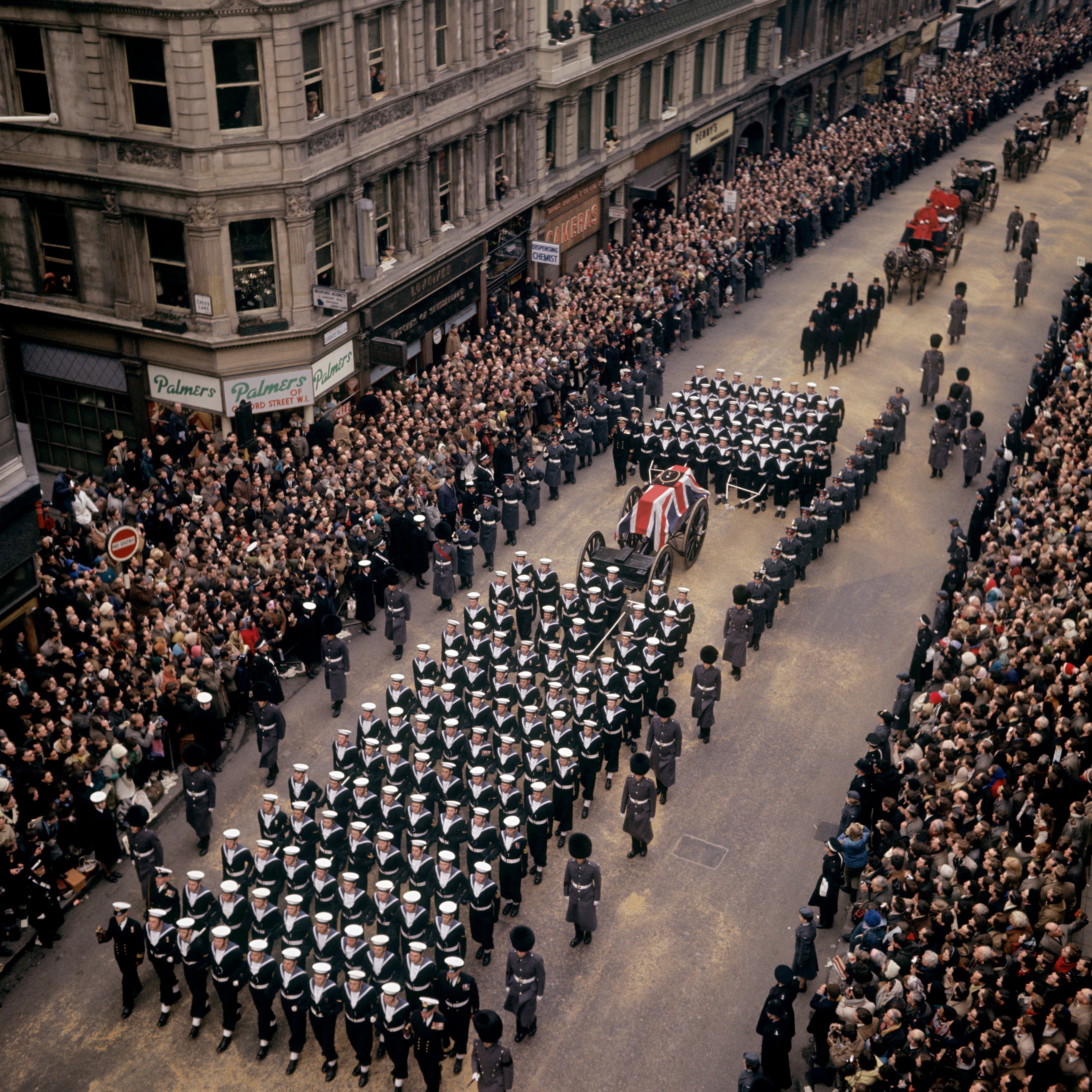
The Duke of Wellington was given a state funeral in 1852 and Lord Nelson was given one in 1806 following his death in the battle of Trafalgar.
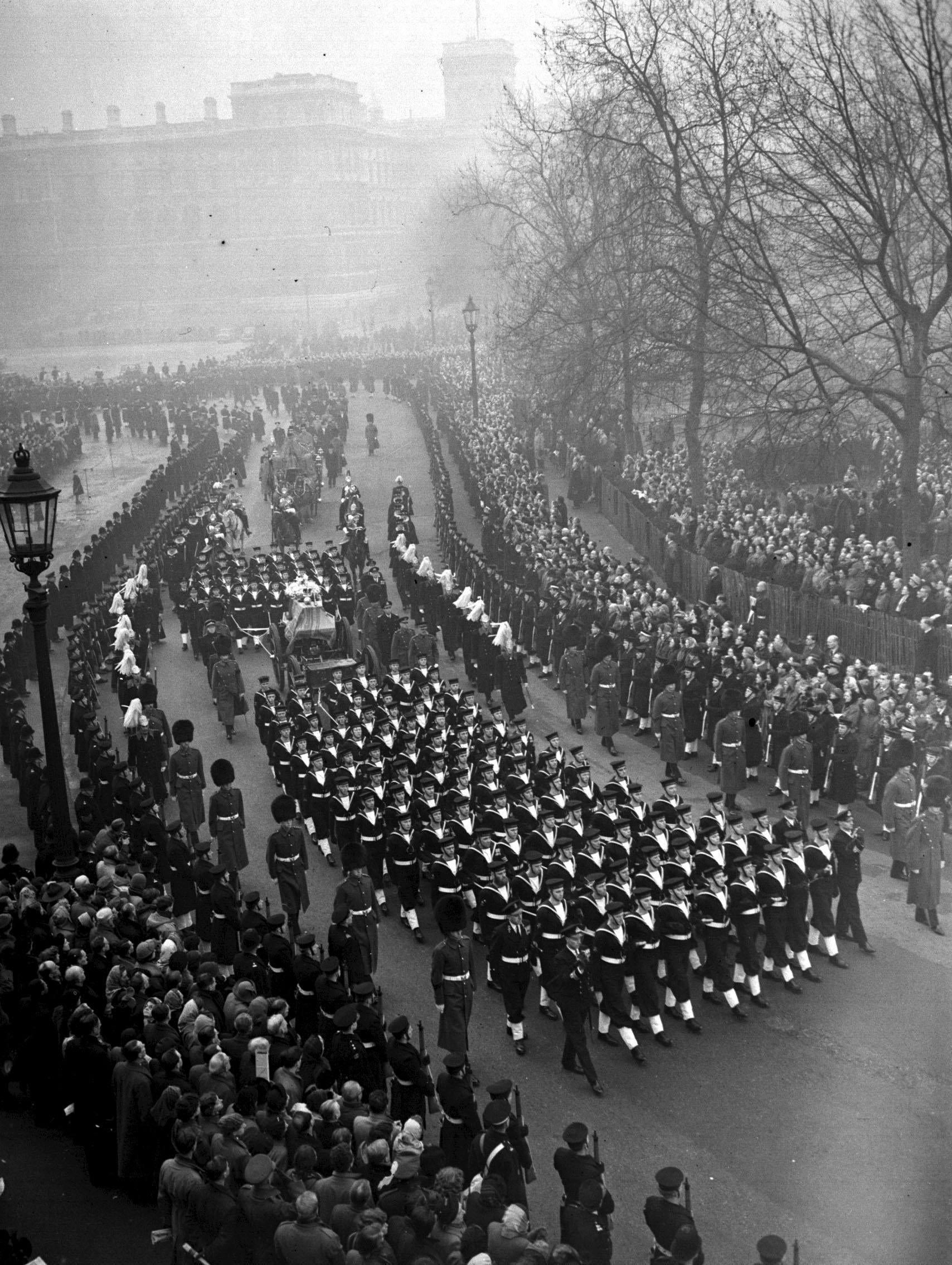
Monarchs to have had state funerals include Queen Victoria (1901), King Edward VII (1910), King George V (1936) and King George VI (1952).

Join our commenting forum
Join thought-provoking conversations, follow other Independent readers and see their replies
Comments